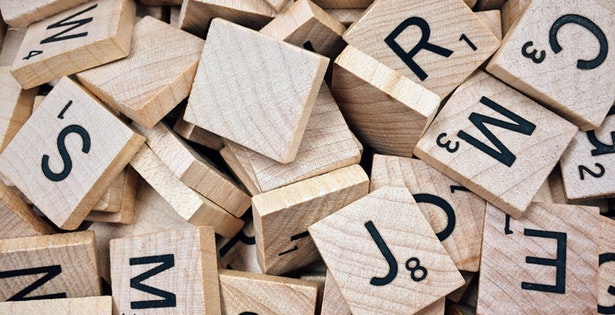Ask These Questions to Reframe Your Perspective on Life

How do you ask questions to understand better and also to reframe your perspective on life.
Today we look at 2 types of questions that we can ask about from others.
Tony Robbins has said that the quality of your life is determined by the quality of the questions you ask. I couldn’t agree more. I think this is one of the most under-utilized psychological principles at our disposal.
You really can’t overestimate the power of asking the right questions.
There are two types: questions you ask yourself and questions you ask other people.
Questions for Myself
The questions you ask frame the debate. Take Robbins’ famous question: Look at the worst thing that’s ever happened to you and ask, How is this the best thing that’s ever happened to me? You get what you focus on, and if you’re asking Why did this happen to me? or Why am I so unlucky? you’ve already solidified your base assumption that whatever happened is bad.
That then becomes the frame of reference from which you analyze the situation. That nearly invisible choice (most people don’t even recognize that it was a choice) has massive implications in the narrative that you will tell yourself about that event. The choice of asking Why did this terrible thing happen to me? versus How is this the best thing that ever happened to me? colors the inevitable repetitive thought pattern you will exist in following any major event—good or bad.
That’s how the mind works. It replays good and bad events in a loop until you have fully digested them and put them in a permanent place in your long-term memory and self-narrative.
But whether the event is stored as positive or negative, whether it’s framed as a destructive event or a growth opportunity, is largely based on the questions you ask yourself about it. So choose wisely.
Here are three general questions I ask myself routinely to deal with negative situations:
- What could I have done differently to get a better outcome?
I hate giving up control, so I always look for the things that I can control in any situation. There’s always something, and those things are my levers. By focusing on the levers I could have pulled differently, I begin to paint a picture for how to find success next time. I don’t waste time thinking about what I wish the other person had done differently, because that I can’t control.
- What skills that I don’t currently possess would have allowed me to get what I wanted out of this situation?
I find it’s also useful to focus on learning. It frames any situation not as a permanent failure, but as a temporary failure in my skill set. Failures of skill set can always be remedied through focused attention and effort, and those are two things we all control.
- What lesson do I choose to learn from this failure?
Henry David Thoreau said, “It’s not what you look at that matters, it's what you see.” When something goes wrong (or right), you have to decide what you’re going to see in that. Are you going to learn that you’re an idiot or the world is against you, or are you going to learn that you’re amazing for having the guts to try something, but realize that you need a new skill in your tool belt? That subtle shift will make all the difference in your life.
READ MORE ON THE NEXT PAGE BELOW!






